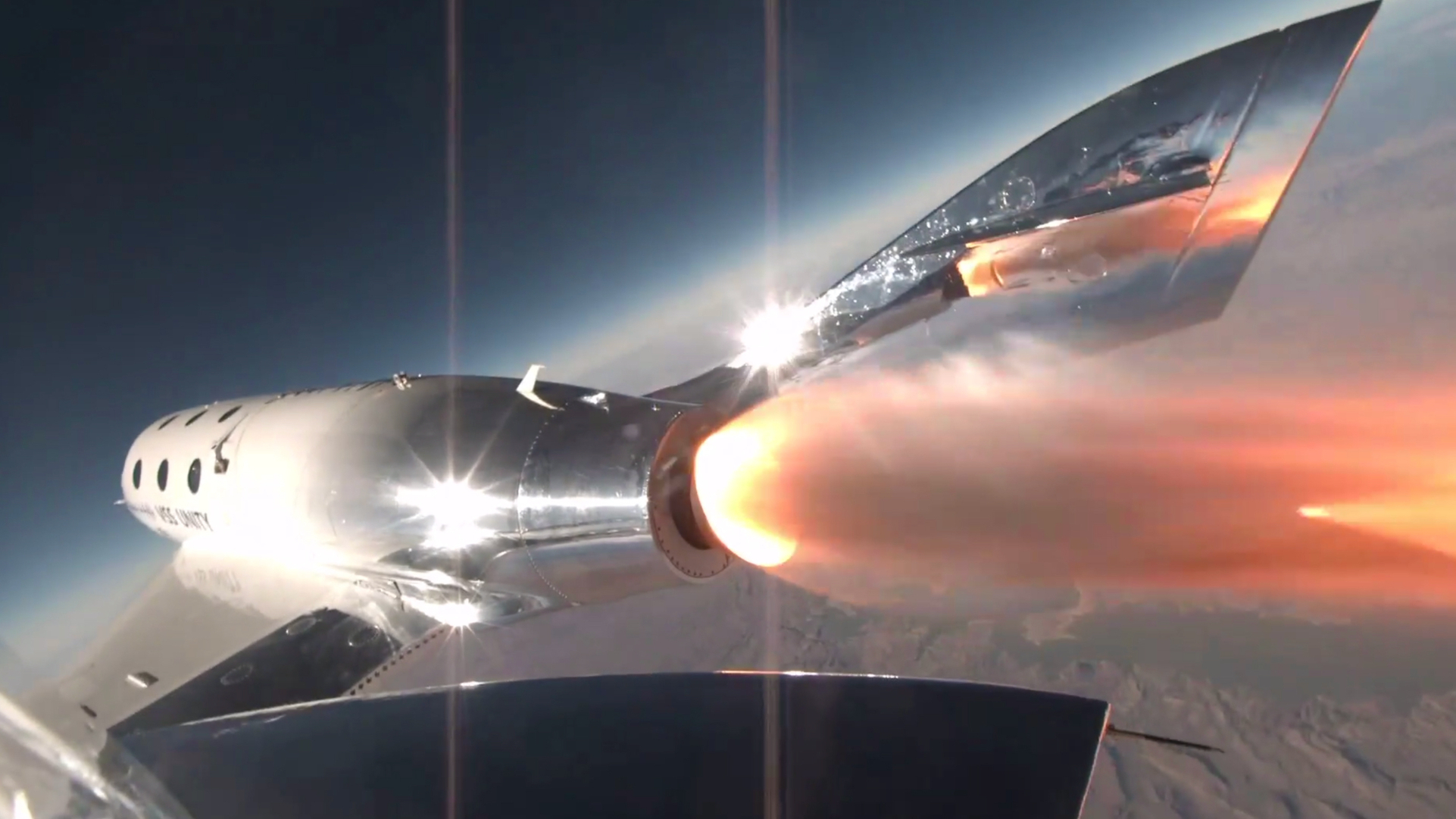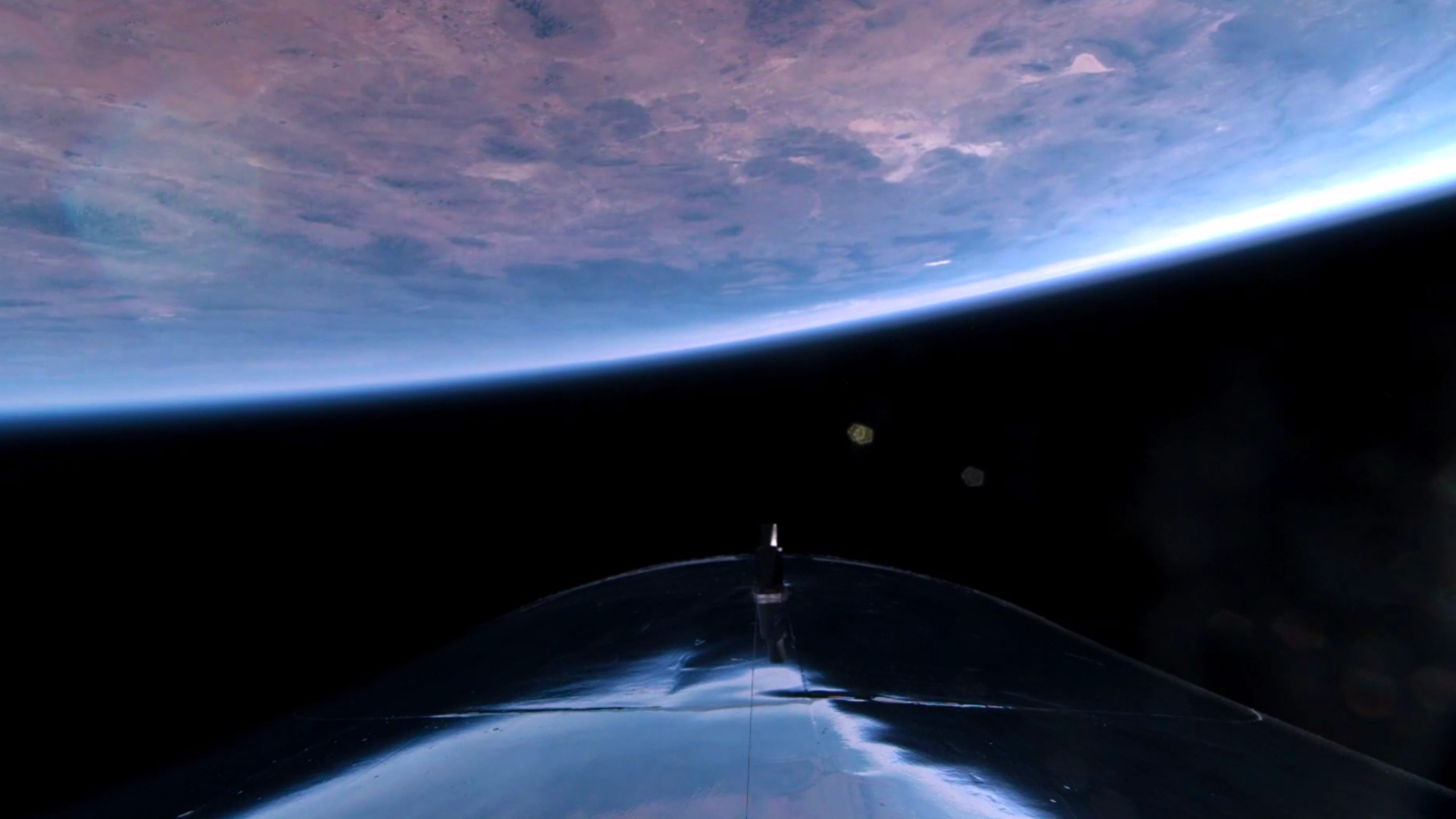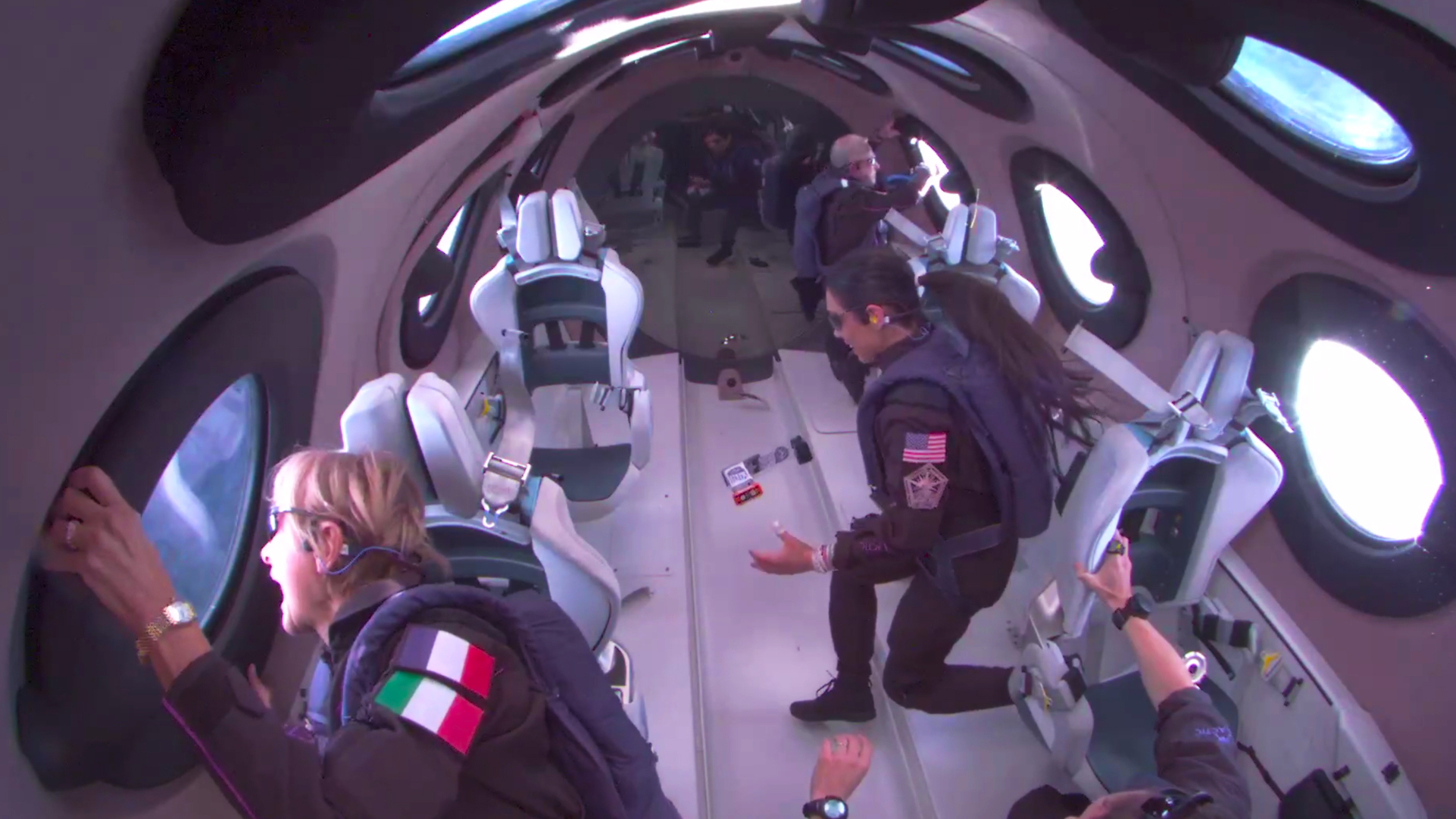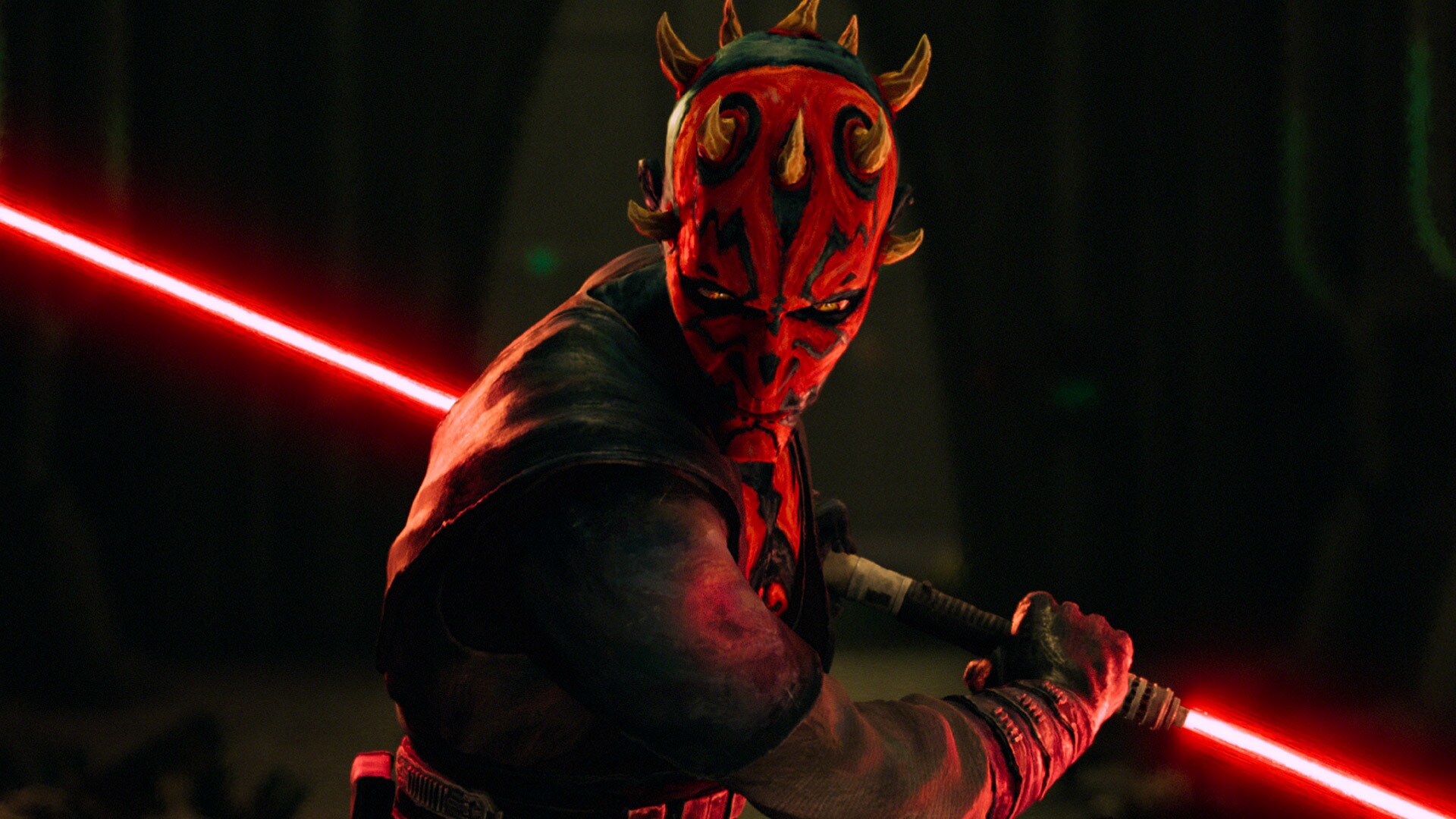Virgin Galactic launches researchers to suborbital space on 5th commercial flight (video)
Galactic 05 was the company's sixth space mission in as many months.
SPACEPORT AMERICA, New Mexico — Virgin Galactic's reusable space plane VSS Unity lifted off again today (Nov. 2) , continuing the one-mission-per-month tempo the company began this spring.
Today's flight, called Galactic 05, carried two research scientists and one other private passenger, along with VSS Unity's crew, to suborbital space. It marked the fifth commercial spaceflight for Virgin Galactic and the company's 10th trip to the final frontier overall.
"The pursuit of scientific discovery has driven Virgin Galactic from the beginning, and we're thrilled to offer a wide breadth of high-quality and reliable access to space-based research," Virgin Galactic CEO Michael Colglazier said in a preflight statement. "With six flights in six months, our teams have delivered on our turn time objectives for our initial spaceship, VSS Unity."
Related: Meet the crew of Virgin Galactic's 5th commercial spaceflight
Unity lifted off from Spaceport America here in southern New Mexico at 11 a.m. EDT (1500 GMT; 9 a.m. local time) beneath the wings of its carrier plane, VMS Eve. When the pair reached an altitude of about 44,701 feet (13,625 meters), Eve released Unity, which then ignited its hybrid rocket motor. The space plane reached a top speed of Mach 2.96 — nearly three times the speed of sound — as it climbed through Earth's atmosphere, Virgin Galactic wrote in a postflight update.
Although it didn't reach orbit, the space plane did ascend high enough — 54.2 miles (87.2 kilometers) at peak altitude — for its passengers to see the curvature of Earth silhouetted against the dark background of space. Galactic 05's passengers experienced about two minutes of weightlessness before Unity returned to Earth with a runway landing at Spaceport America, which occurred around 11:59 a.m. EDT (1559 GMT; 9:59 a.m. local time in New Mexico).
Galactic 05 was the final flight for Virgin Galactic in 2023, as the company plans to engage in a standard inspection of its vehicles prior to the next scheduled flight in January 2024.
Breaking space news, the latest updates on rocket launches, skywatching events and more!
Today's mission carried a total of six people into space, three crew and three passengers. Mike "Sooch" Masucci served as mission commander in Unity's cockpit, while Kelly Latimer piloted the space plane. Virgin Galactic astronaut instructor Colin Bennett made the final flight for the company's in-flight astronaut trainers; subsequent flights will carry four passengers rather than three.
Masucci is a retired U.S. Air Force lieutenant colonel and a former test and combat pilot who has logged more than 10,000 flying hours in more than 80 different types of airplanes. He made his first trip into space aboard Unity in February 2019 and flew again in May 2023.
Latimer was the first woman to serve as a research pilot at NASA's Armstrong Flight Research Center in California. She has logged several thousand hours in the cockpits of dozens of different aircraft, including piloting Galactic 04 last month.
Bennett served with the U.K.'s Ministry of Defense prior to moving to Virgin Atlantic and then Virgin Galactic. A qualified pilot, he has accumulated flight hours across aircraft including commercial airliners, Chinook helicopters and VMS Eve. Bennett was Virgin Galactic's Astronaut 003 and flew with company founder Richard Branson on VSS Unity's final test flight in July 2021.
Unity carried three passengers into space on Galactic 05, two of them scientists who conducted human-tended research during the flight.
Alan Stern, Virgin Galactic Astronaut 020: Stern is best known for his role as the principal investigator of NASA's New Horizons mission to Pluto and the outer solar system. Stern, a researcher at the Southwest Research Institute in Colorado, has been part of an array of orbital and suborbital missions, including research launched in high-performance aircraft and aboard the space shuttle. For Stern, Galactic 05 was a precursor to a future suborbital flight as part of NASA's Flight Opportunities program. During Galactic 05, Stern wore a biomedical harness to collect physiological data about the body's response to spaceflight, while performing several activities designed to smooth the way for future research missions.
Kelli Gerardi, Virgin Galactic Astronaut 021: Gerardi is a bioastronautics researcher and payload specialist for the Institute for Astronomical Sciences, where she specializes in microgravity research. She flew with three payloads aboard Galactic 05, including two that evaluated healthcare technology in microgravity conditions.
Ketty Maisonrouge, Virgin Galactic Astronaut 022: A Franco-Italian private astronaut who had long dreamed of flying to space. You can learn more about Maisonrouge, a longtime Virgin Galactic ticketholder, here.
Related: Virgin Galactic launches 3 of its original space tourist customers to the final frontier (video)
Also participating in Galactic 05 were the two pilots of VMS Eve, who sat in the carrier craft's right fuselage, allowing an unobstructed view of Unity prior to and during release. They were:
Commander Jameel Janjua: Janjua is a retired Canadian Air Force Major with an extensive background as a test pilot. He earned a masters of science in aeronautics and astronautics from the Massachusetts Institute of Technology and flew as VMS Eve's pilot during Galactic 01, as well as during last month's Galactic 04 flight.
Pilot Andy Edgell: An experimental test pilot since 1999, Edgell has served in the British Royal Air Force flying F-35s and Harriers. Edgell joined Virgin Galactic this year, and Galactic 05 marked his first time in the cockpit during one of the company's commercial flights.
Editor's note: This story was updated at 1:15 p.m. EDT on Nov. 2 with flight statistics from Virgin Galactic.
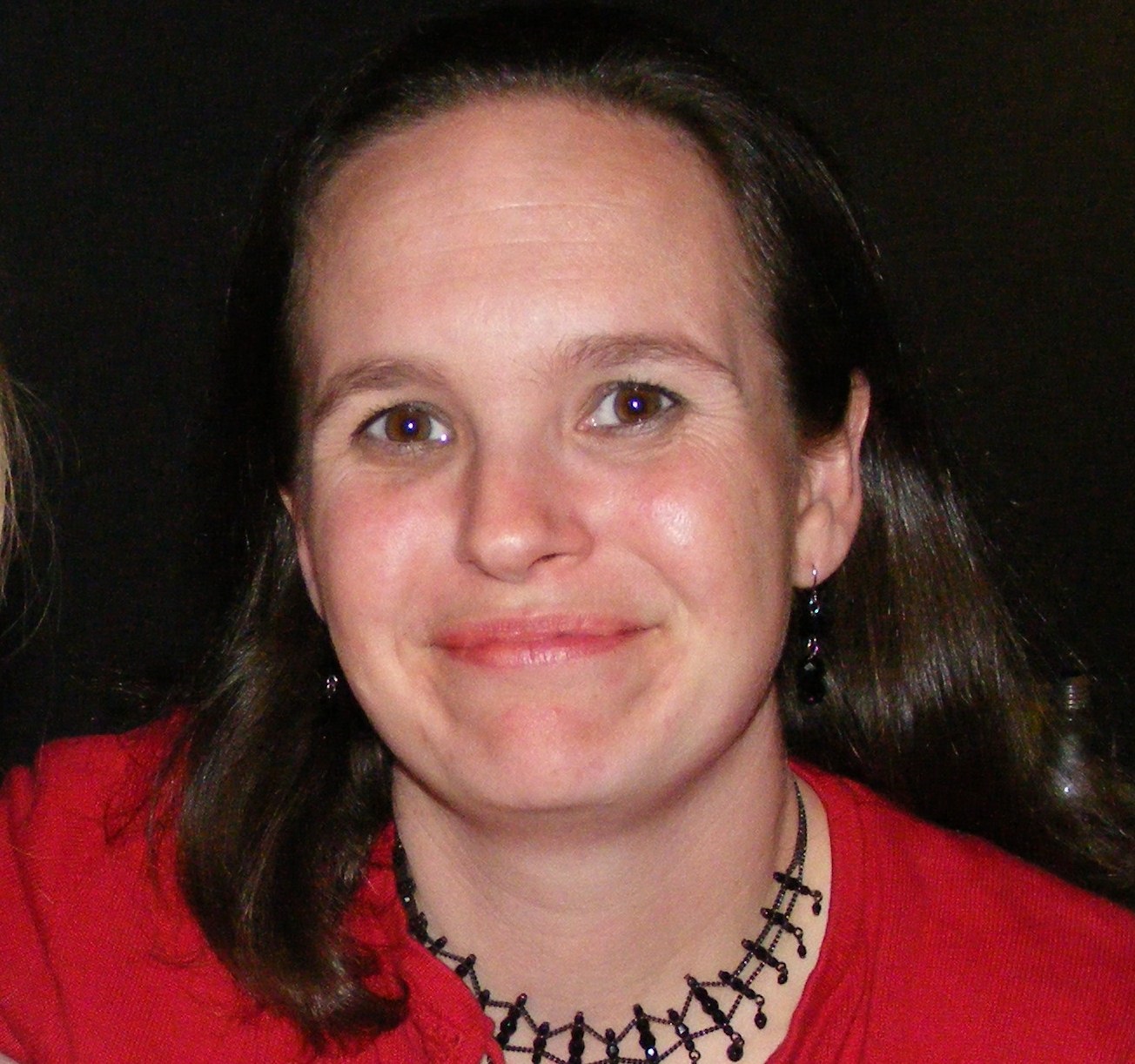
Nola Taylor Tillman is a contributing writer for Space.com. She loves all things space and astronomy-related, and always wants to learn more. She has a Bachelor's degree in English and Astrophysics from Agnes Scott College and served as an intern at Sky & Telescope magazine. She loves to speak to groups on astronomy-related subjects. She lives with her husband in Atlanta, Georgia. Follow her on Bluesky at @astrowriter.social.bluesky
